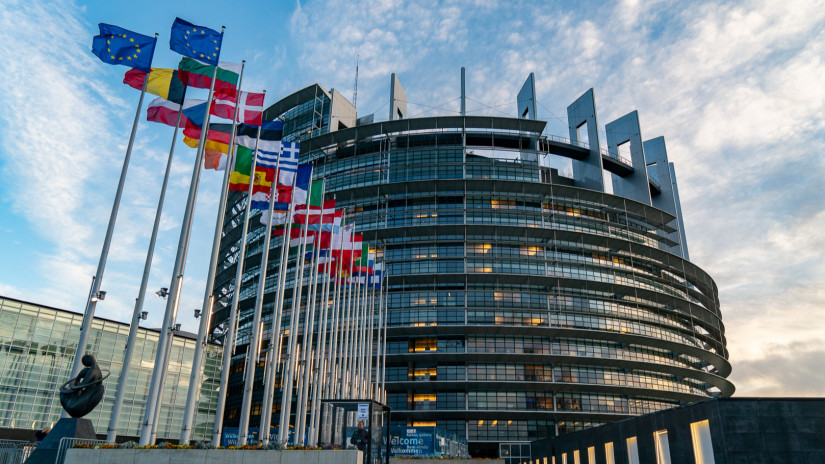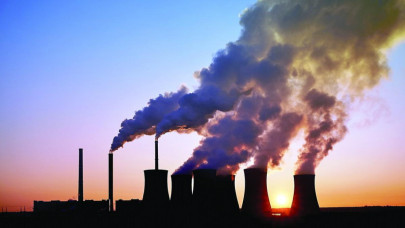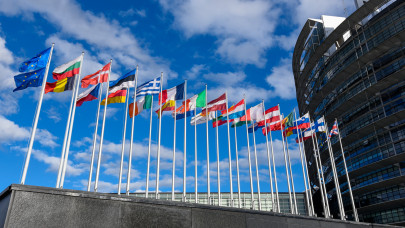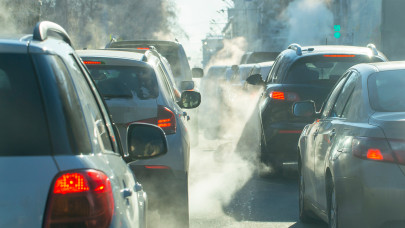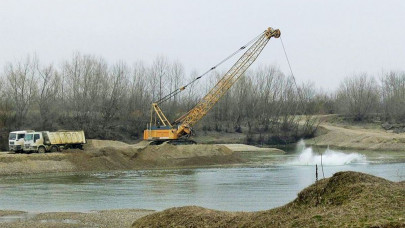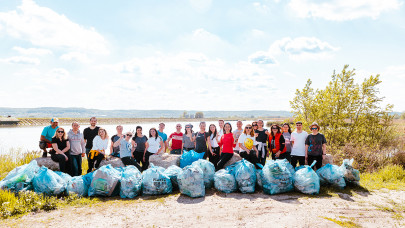Other misleading practices such as making claims about the whole product if the claim is true only for one part of it, or saying that a product will last a certain amount of time or can be used at a certain level of intensity if that is not true, will also be forbidden.
To simplify product information, MEPs envision allowing only sustainability labels based on official certification schemes or established by public authorities to be used.
To make products last longer, Parliament wants to ban the introduction of design features that limit a product's life or lead to goods malfunctioning prematurely. Additionally, producers should not be allowed to limit a product's functionality when it is used with consumables, spare parts, or accessories (for example chargers or ink cartridges) made by other companies.
In order to help people choose more lasting and repairable goods, buyers would have to be informed of any repair restrictions before making a purchase. Additionally, MEPs propose a new guarantee label indicating not only the length of the legally required guarantee but also the length of any possible guarantee extensions offered by producers. This would help highlight quality goods and motivate companies to focus more on durability.
“The industry will no longer profit from making consumer goods that break just as the guarantee period is over. Consumers will have to be provided with information about the options and cost of repairs in a clear manner. Product labels will inform citizens which goods are guaranteed to last longer and producers whose goods are more durable will profit. The jungle of false environmental claims will end as only certified and substantiated ecological claims will be permitted”, says rapporteur Biljana Borzan (S&D, HR) after the vote.
The Council of the EU adopted its own negotiating mandate on 3 May. That means negotiations between the Parliament and the member states on the final content and wording of the directive can start soon.
The proposed directive is part of the first circular economy package, along with the ecodesign regulation, construction products regulation, and an own-initiative report on the EU strategy for sustainable and circular textiles. It paves the way for a new green claims directive that will further specify the conditions for making environmental claims in the future.
In adopting this legislation, Parliament is responding to citizens' expectations regarding sustainable consumption, packaging, and production as well as sustainable growth and innovation as expressed in Proposals 5 (1), (7) and (10), and 11 (2) of the conclusions of the Conference on the Future of Europe.

